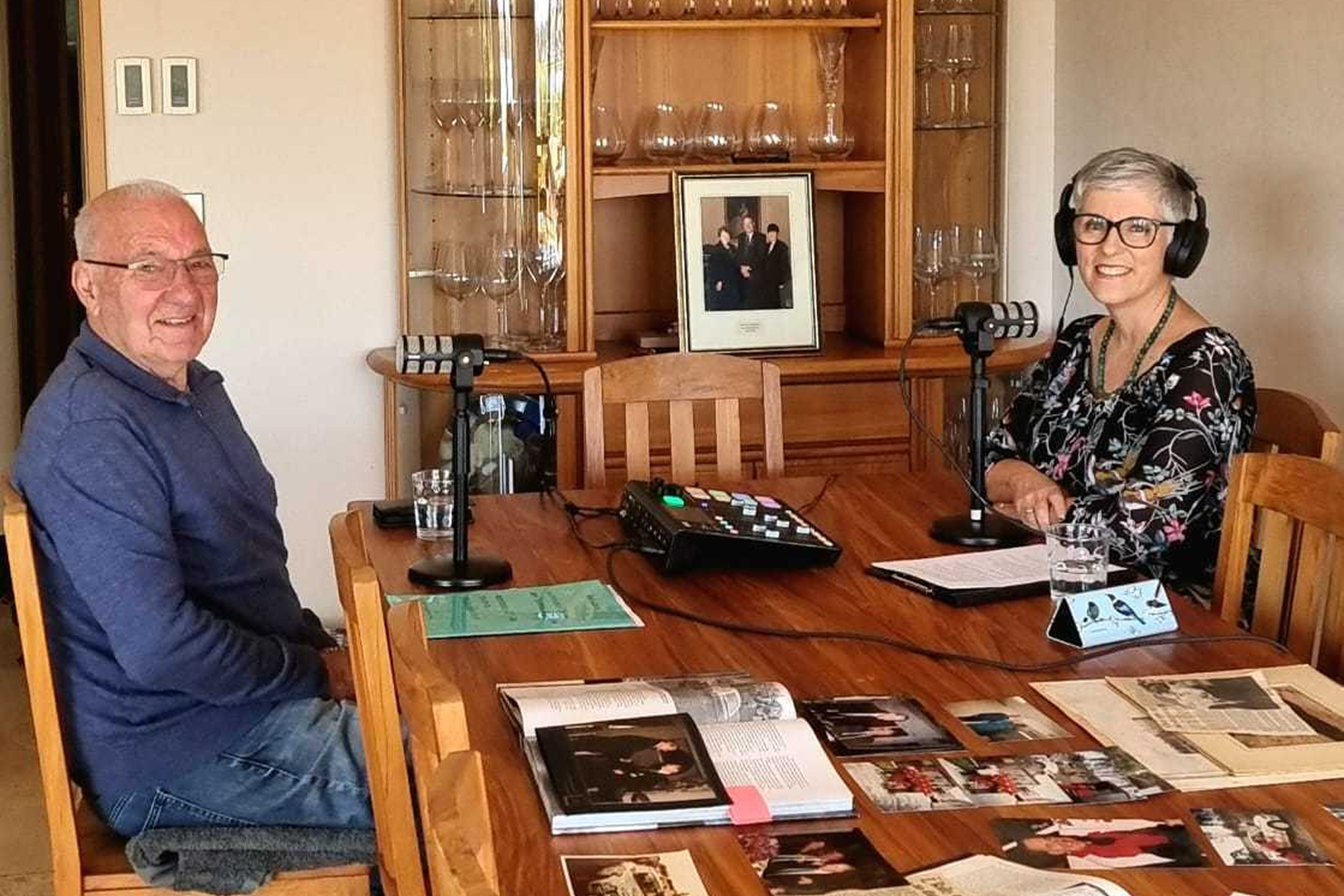The Power of Nostalgia
Safekeeping our memories isn’t just about looking back – it’s about making sense of where we are today.


There’s a certain kind of magic in hearing an old song, smelling a familiar perfume, or flicking through a faded photo album. Suddenly, you're not just remembering the past – you're feeling it too. That sensation, that warm wave of recollection tinged with longing, is nostalgia.
And neuroscience tells us it's far more than sentimental fluff.
Once dismissed as a psychological weakness – a kind of homesickness or despondency – nostalgia is now understood to be a powerful mental tool. Research shows it can boost mood, reduce stress, and strengthen our sense of meaning.
When we reflect on treasured memories, the brain's reward centres light up. Dopamine and oxytocin – chemicals linked to pleasure and connection – are released, creating feelings of comfort and cohesion.
But nostalgia isn’t just about escapism. It’s also about identity. Recalling meaningful past experiences helps reinforce who we are. It stitches our past to our present, helping us feel more grounded and resilient in the face of change. That’s particularly important in uncertain times – and we’ve lived through plenty of those lately.
It’s why we see capturing our memories and our stories through a Reflections experience as so powerful – and an investment in identity, connection and legacy.
Whether it’s keeping a journal, or filming family stories, capturing our personal histories preserves more than just information. It safeguards perspective, culture, and emotion – treasures that can be passed down through generations.
Whenever I visit a family home to record a Reflections interview, I always ask to see photo albums or special keepsakes that mean something to the person. We spread the mementos out across the kitchen table and magically they trigger memories – stories that would otherwise quietly fade away.
Grandchildren often ask us to find out how their grandparents met, what their childhood was like before the internet, what corners of the world they’ve travelled to. Even their memories of growing up in wartime. Future generations will ask how we coped during Covid lockdowns. These lived experiences – whether mundane or momentous – are the threads of family legacy.
Preserving memories also helps create empathy across time. When we hear the voices of those close to us who’ve passed on, we connect with them not as distant figures, but as people who felt happiness, fear, grief, hope and love – just like us.
Neuroscience backs up the emotional power of memory, too. Dr Constantine Sedikides, a leading researcher on nostalgia at the University of Southampton, has found reflecting on meaningful personal memories can restore our sense of identity and purpose. In uncertain times, nostalgia helps us feel anchored, he says.
“Nostalgia makes us feel that we have roots, a trajectory, and a meaningful life story. It gives us a sense that we have come from somewhere and are going somewhere.”
Because safekeeping our memories isn’t just about looking back – it’s about making sense of where we are today.



.jpg)



